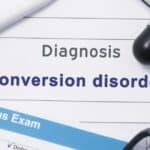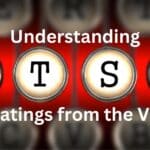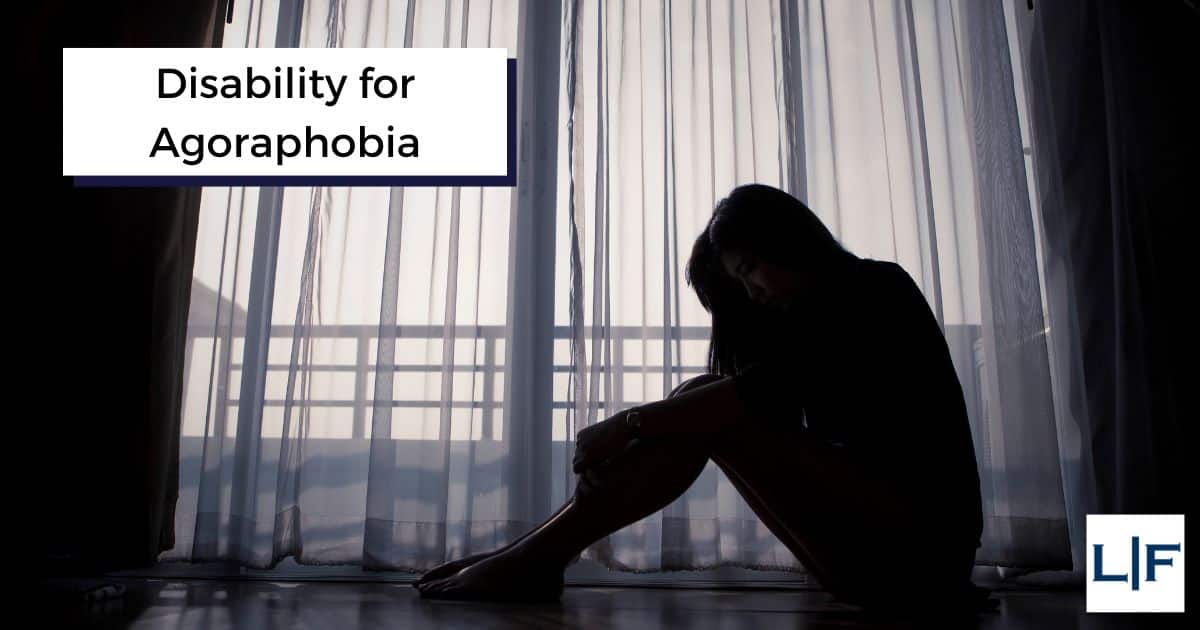Agoraphobia is a rare, but often severe disorder that can cause crippling anxiety. An estimated 0.08 percent of adults have the condition; it is “severe” 41 percent of the time, according to the National Institute of Mental Health (NIMH).
When your anxiety and panic attacks associated with agoraphobia have reached the point to where you can no longer cope in public or work, you may be able to qualify for Social Security disability benefits. Getting Social Security disability for agoraphobia can be challenging because it is a somewhat subjective condition.
But it is certainly possible, so long as you have ample evidence from verified mental health practitioners. Our disability lawyers at Lunn & Forro, PLLC can help. We are passionate about helping people with anxiety disorders and other mental disabilities secure the benefits to which they are entitled. Call our office in Raleigh today for a free consultation to see how we may be of service: 888-966-6566.
Does the SSA consider agoraphobia to be a qualifying disability?
The Social Security Administration (SSA), recognizing that agoraphobia can be a potentially disabling condition, has listed it in Section 12.06 of its Blue Book.
One way you can qualify for disability benefits is to show that you meet the criteria under this listing. The severity of your condition must meet certain requirements for the SSA to determine you are disabled.
First, your medical and mental health records must show at least one of the following:
- You have “generalized persistent anxiety accompanied by at least three of the following signs or symptoms: motor tension; autonomic hyperactivity; apprehensive expectation; or vigilance and scanning;”
- You have a “persistent irrational fear of a specific object, activity, or situation which results in a compelling desire to avoid [it];”
- You have recurrent severe panic attacks on average of at least once a week that are “manifested by a sudden unpredictable onset of intense apprehension, fear, terror, and sense of impending doom;”
- You have “recurrent obsessions or compulsions which are a source of marked distress;” or
- You have “recurrent and intrusive recollections of a traumatic experience, which are a source of marked distress.”
Second, one of the following must be true:
- Your symptoms (as described above), result in at least two of the following: “marked restriction of activities of daily living; marked difficulties in maintaining social functioning; marked difficulties in maintaining concentration, persistence, or pace; or repeated episodes of decompensation, each of extended duration;” or
- Your symptoms result in “complete inability to function independently outside the area of one’s home.”
What additional criteria must I meet to obtain disability benefits for agoraphobia?
When the claims examiner reviews your application, he or she will thoroughly check your records and evidence that you submit, and determine whether you meet the strict guidelines the SSA requires to receive monthly disability benefits.
The basic criteria for benefits is as follows:
- You must meet the specifications of condition on the SSA’s Listing of Impairments or have a condition that prevents you from working (or adjust to new work). If the SSA determines that you can work or find suitable employment that accommodates your disability, it will deny your claim.
- Your condition must have lasted or be expected to last a year or more or result in death.
You also must have sufficient work credits if you are applying for Social Security Disability Insurance (SSDI) benefits. You automatically earn work credits each year that you work and pay Social Security taxes. The number of credits you need depends on your age. The average age that agoraphobia manifests is 20. Applicants under 24 years of age usually need only six credits earned in the three-year period ending when your disability starts. Older applicants need more credits.
If you have never worked or have not worked long or recently enough to qualify for SSDI, you might qualify for another disability benefit called Supplemental Security Income (SSI). This benefit is for those with limited income and resources; your monthly income and assets must fall below a certain threshold to qualify.
How do I prove my agoraphobia to the SSA?
Your records from your treating physicians and mental health providers are the primary pieces of evidence that you will use to prove your condition to the SSA. Your records may include your psychological evaluation, a physical exam, your diagnosis, your prognoses, and prior and current treatments.
You can also use a Residual Functional Capacity (RFC) form that your psychiatrist can fill out to help support your claim. The RFC will assess your ability and limitations, such as how well you can make decisions, how well you can maintain concentration, and whether you can appropriately interact with people in public.
First-hand reports from friends, employers, family members, and others about your condition and limitations may also be useful. The SSA will evaluate all evidence you submit when making a determination.
Call Lunn & Forro for Help
Our disability lawyers at Lunn & Forro in Raleigh are well versed in anxiety disorder cases; we know how to gather the evidence necessary to establish your disability, and how to navigate the application and appeals process. And we do not charge our clients legal fees unless they recover benefits, so there is no risk in using our services.
Contact our office today at 888-966-6566 for a free consultation.
Related Posts

What are the Disability Listings for a Social Security Claim?
The disability listings can make it easier for you to qualify for Social Security disability benefits. If you are considering filing an application for Social

How do I file a VA claim for PTSD?
If you are filing a claim for PTSD, you need to complete VA form 21-0781 to submit with your application for VA compensation. This form

Can You Get Disability for Conversion Disorder?
Conversion disorder is a mental illness that causes neurological symptoms, such as paralysis or hearing loss. It is one of several conditions that fall under

Understanding VA Ratings for PTSD
If you are a veteran that lives with post-traumatic stress disorder (PTSD), you may qualify for VA disability benefits. Receiving approval for your claim can
Getting Social Security Disability for a Mental Illness
There are various mental illnesses that can qualify someone for disability benefits. In fact, approximately one-third of disability beneficiaries received a mental disorder diagnosis in
Disability for Anxiety and Panic Attacks
Disability for anxiety and panic attacks is available to individuals who cannot work due to the severity of their symptoms. Panic disorders are not uncommon.
Is BPD a Disability? – Qualifying for Payment
Some people who suffer from Borderline Personality Disorder qualify for disability benefits. Personality disorders are characterized by unhealthy and rigid thoughts and behaviors that greatly
Is PTSD a Disability?
Post-traumatic stress disorder (PTSD), which can develop after exposure to an extremely traumatic event, is not uncommon. According to the Department of Veterans Affairs (VA),



